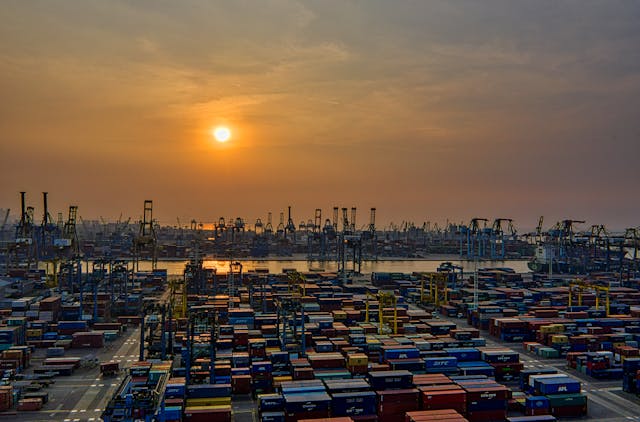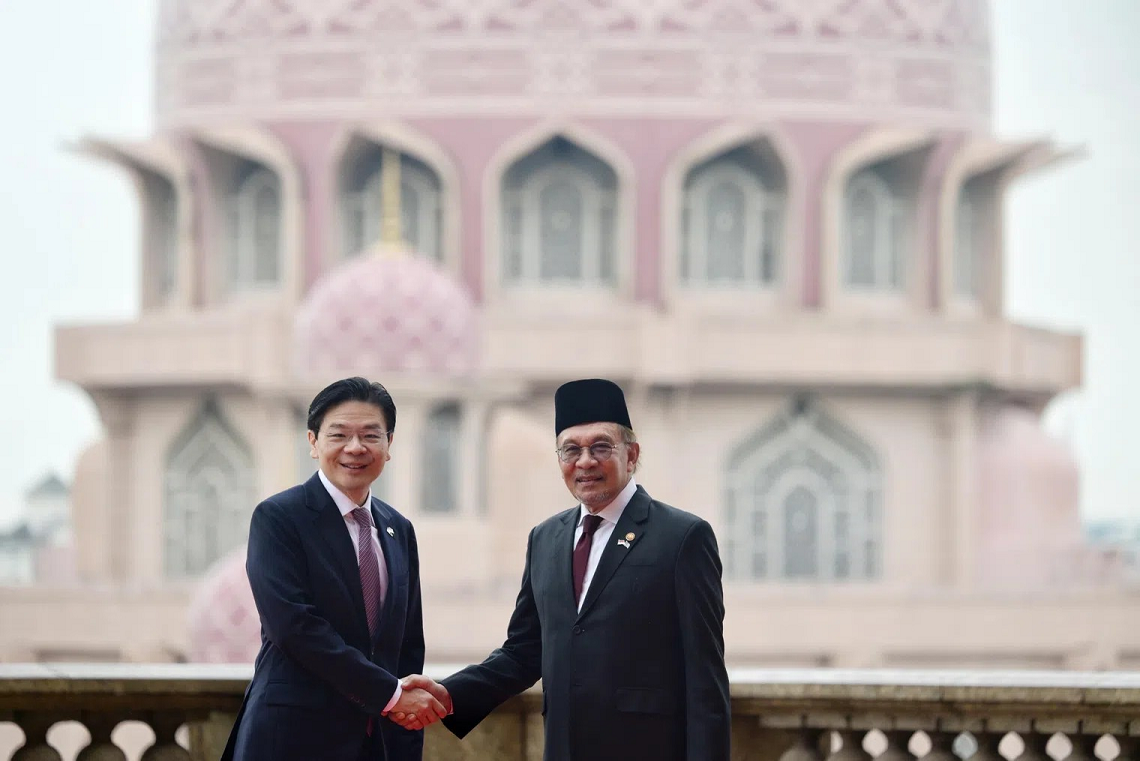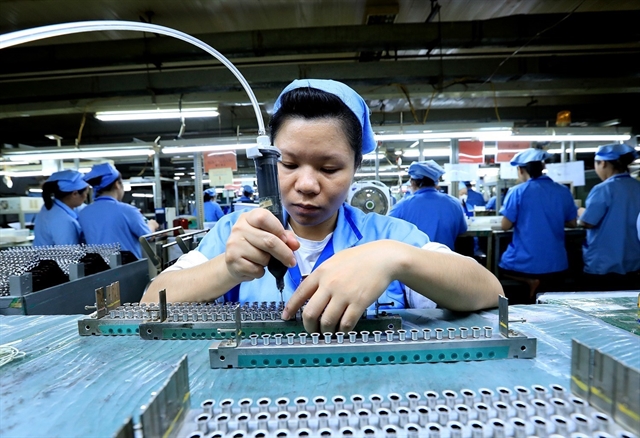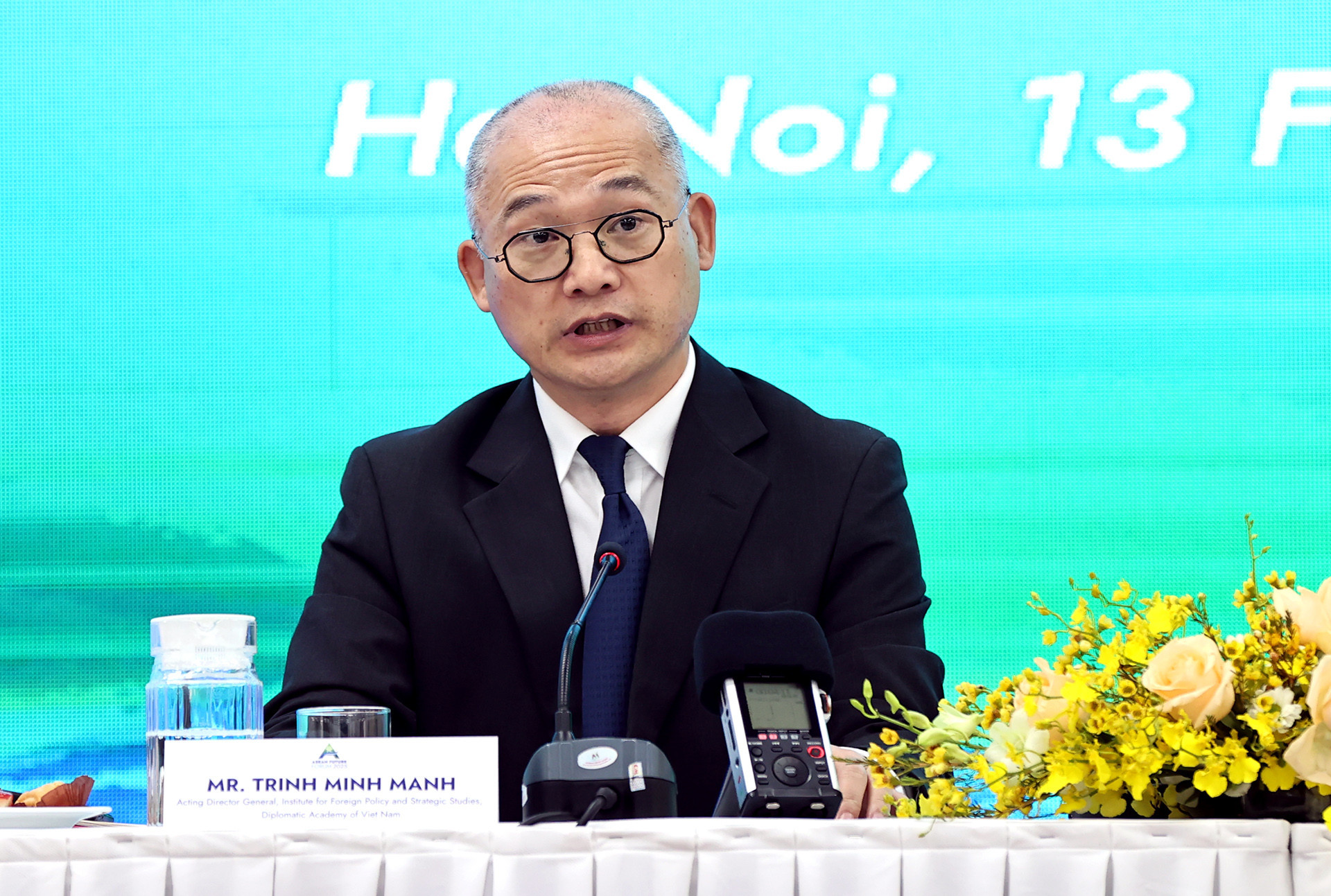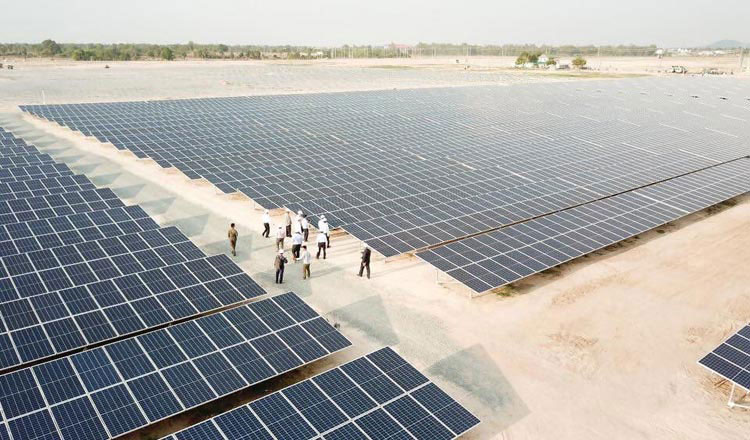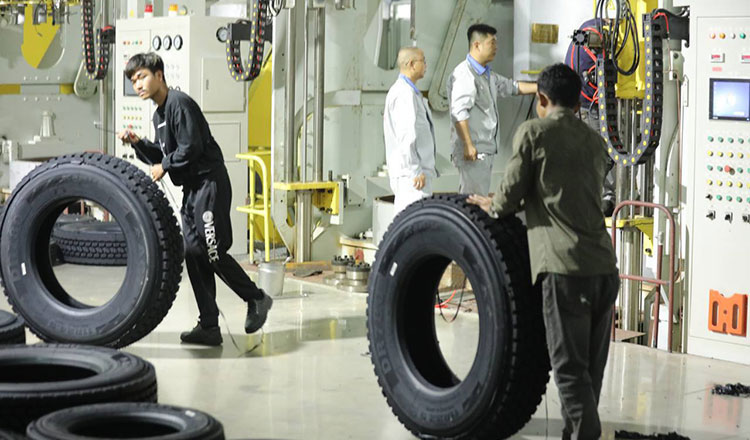High-flying local start-ups valued at over US$1 billion (S$1.3 billion) – known as unicorns in the financial world – are seeking growth opportunities amid challenges on several fronts.
Bosses told The Straits Times that their companies are expanding into overseas markets despite difficulties securing funding, regulatory hurdles and layoffs. Some are also weighing a share market listing, but they declined to specify a timing and location.
Mr Aaron Tan, co-founder and chief executive of used-car market Carro, said his company faced its “most difficult times” during the pandemic, just before it achieved unicorn status following a US$360 million capital injection from Temasek and Japan’s SoftBank Group in 2021.
“It was impossible to raise funds and we didn’t want to cut any headcount, which was super tough, given that sales had gone to zero,” he said.
“We came together to re-strategise quickly, management took pay cuts and looked into alternative revenue sources. The net result was that we continued to grow despite Covid-19.”
Carro has expanded its services to Japan and Hong Kong since hitting unicorn status, offering consumers and dealers the ability to buy and sell vehicles, along with insurance and financing options.
The firm is adding staff in these markets but has no concrete plans for expansion or hiring in Singapore at the moment. But it is recruiting artificial intelligence (AI) talent “globally” as the firm intends to boost AI usage in its operations, said Mr Tan.
He declined to reveal Carro’s valuation but said that it has never decreased, and is now “well over US$1 billion”.
Mr Tan said the company has been “ready from an accounting standpoint” for a share market listing and has hired more staff to prepare for it.
“Depending on the market conditions and what the funding environment is like, we will then pick the exchange to list the company,” he added, noting that any decision has to maximise shareholder interest.
Mr Gerald Goh, co-founder and Asia-Pacific chief executive of digital asset banking group Sygnum, said his firm has had to navigate regulatory hurdles, such as securing licences to operate as a regulated financial services provider for digital assets in both Singapore and Switzerland.
“It was a humbling process as we were pioneers in the industry and had to figure out how to apply the necessary regulatory guardrails and standard of care that clients in these jurisdictions expected,” he added.
Sygnum obtained a capital markets services licence in 2019 and a major payments institution licence in 2023, both from the Monetary Authority of Singapore.
Raising capital was another issue, as the start-up had to rely on more “traditional” investors, many of whom were sceptical about cryptocurrencies, Mr Goh said.
Sygnum reached unicorn status in January following a US$58 million fund raising led by Fulgur Ventures. Mr Goh said the funds will be used to drive the company’s entry in Europe, and launch operations in Hong Kong.
Mr Goh did not elaborate when asked if Sygnum had plans to list, but noted that it was important to take advantage of emerging developments, especially in the US.
Mr J.J. Ang, chief financial officer of home-grown online marketplace Carousell, said the company remains well-capitalised despite a tough funding environment and a 7 per cent headcount reduction in December 2024.
Carousell earned its unicorn label in 2021 after a US$100 million injection of funds from Korean private equity firm STIC.
Mr Ang did not rule out a share market listing, noting that the company is considering various “strategic exit options”.
“With a strong presence across seven key markets in South-east Asia, we are well-positioned to navigate the next phase of our journey,” he added.
Singapore produced 31 of South-east Asia’s 55 unicorns, noted an October 2024 report by business network Founders Forum Group and the Economic Development Board.
But a prolonged funding winter has gripped the global start-up ecosystem since 2021, as persistent high interest rates and geopolitical uncertainty drove investors towards safer assets.
A November report by Enterprise Singapore and research firm PitchBook said companies based here raised US$4.05 billion across 369 deals in the nine months ending September 2024, well under the US$8.2 billion raised from 486 deals in the same period in 2021.
Observers warn that local unicorns may face more challenges in the short term, but there are still growth opportunities in Singapore, as well as in key markets like the US or China.
Mr Junxu Lye, founder and chief executive of fintech start-up Acme Technology, noted that Singapore’s unicorns emerged during what was arguably South-east Asia’s first major tech boom from 2015 to 2021, raising money at high valuations.
But funding has dried up since 2021, and these companies have been forced to prioritise cashflow and profitability, thereby hampering their growth.
“This does not bode well for their billion-dollar valuations as the only way they can justify their unicorn status is growth, and not profits – their revenue is not at the scale where they are able to extract substantial profits,” Mr Lye said.
“In the near future, we should expect to see some correction in the form of smaller funding rounds and valuation cuts.”
Mr Lye added that Singapore’s status as a major financial services hub benefits early-stage fintech start-ups but companies looking to scale further have limited liquidity options beyond traditional venture-capital firms.
“Going public in the region is challenging because stock exchanges here have strict profitability requirements, and merger and acquisition activity is weak,” he said.
Mr Lye said some firms may need to chance their arm in the giant US market if they want to prosper.
“If you are a business-to-business (B2B) company, the answer is more likely yes,” he noted.
“The world’s leading B2B unicorns still generate more than 50 per cent of their revenue – and likely over 80 per cent of their profits – from the US.”
Mr Zen Chin, vice-chairman of SGTech’s Singapore Enterprise Chapter, said Singapore’s start-ups need to consider globalisation or regionalisation, and this means breaking into larger markets.
“Although many US or international venture-capital firms are headquartered in Singapore, the local and other South-east Asian markets have their limitations due to market size,” he added.
“But locations like the US, Europe and China have huge domestic markets which naturally increase the chances of a local start-up achieving unicorn status. More importantly, these markets also provide sufficient exit opportunities for venture-capital firms to make a return on their investments.”
Ms Emily Liew, assistant managing director for innovation at Enterprise Singapore, said start-ups here need to go global to grow: “Identifying the right market to go into in the first place can make a key difference in harnessing the boost for growth.”
Source: The Straits Times (Link HERE)



